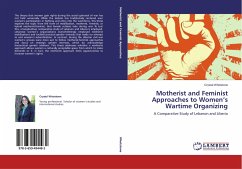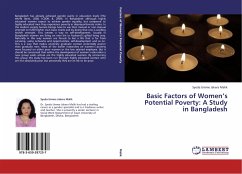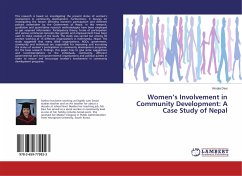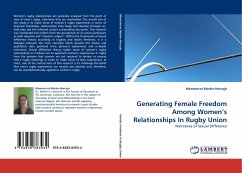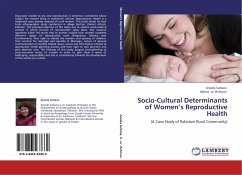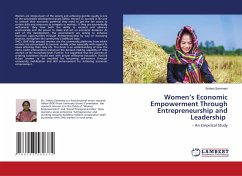The theory that women gain rights during the social upheaval of war has not held universally. While the debate has traditionally centered over women's participation in fighting and entry into the workforce, this thesis explores the topic from the form of mobilization, motherist, feminist, or hybrid motherist-feminist, that female activists take during war. To test this, a longitudinal, comparative study of Lebanon and Liberia is employed. Lebanese women's organizations overwhelmingly employed motherist mobilizations and tackled practical gender interests that made no attempt to end women's subordination. In contrast, during the Liberian civil war women's groups were more apt to follow motherist-feminist approaches and focus on strategic gender interests, which do acknowledge hierarchical gender relations. This thesis addresses whether a motherist approach allows women a culturally acceptable space from which to make demands or if, in fact, the motherist approach limits opportunities to increase women's rights.
Bitte wählen Sie Ihr Anliegen aus.
Rechnungen
Retourenschein anfordern
Bestellstatus
Storno

